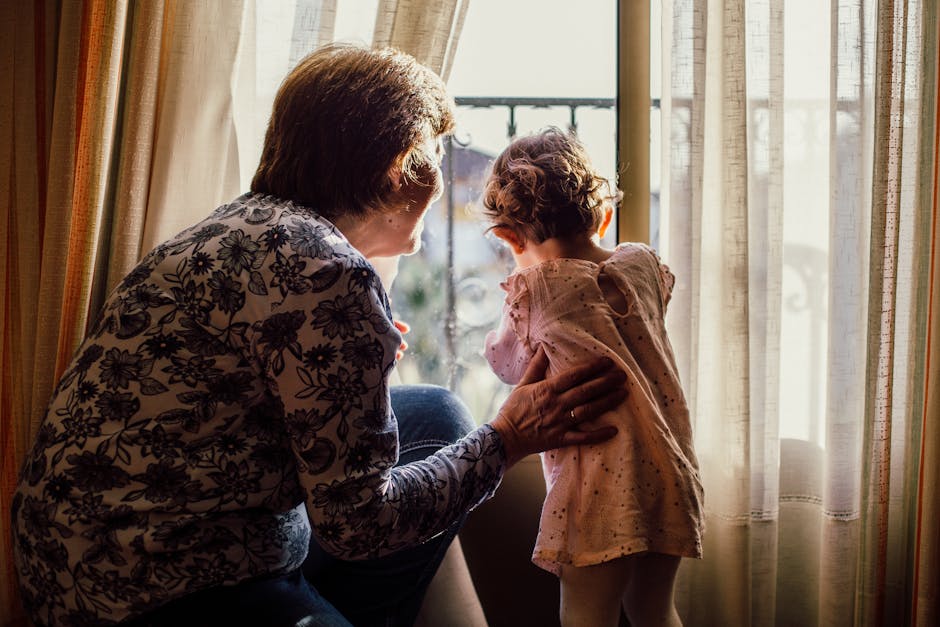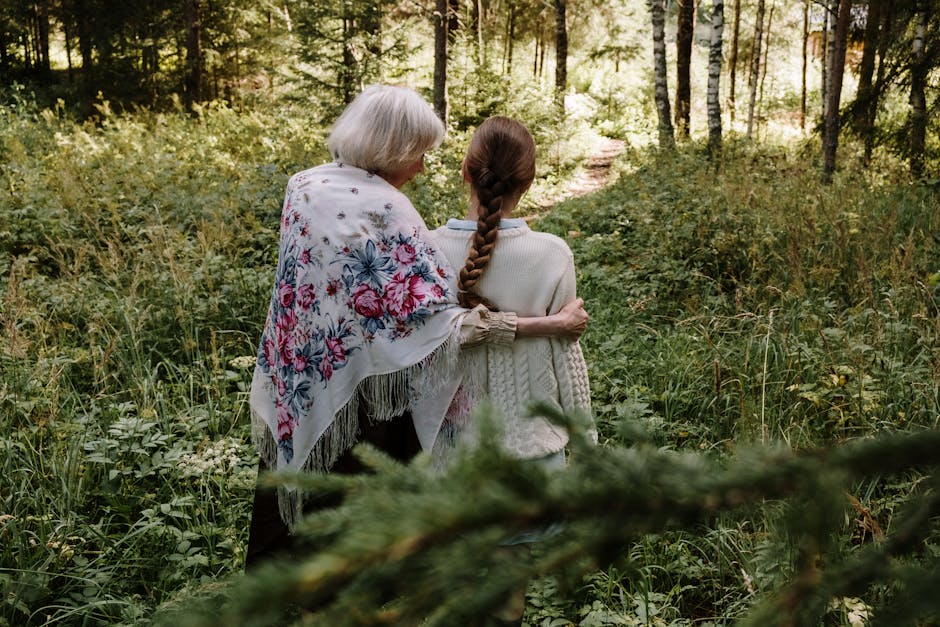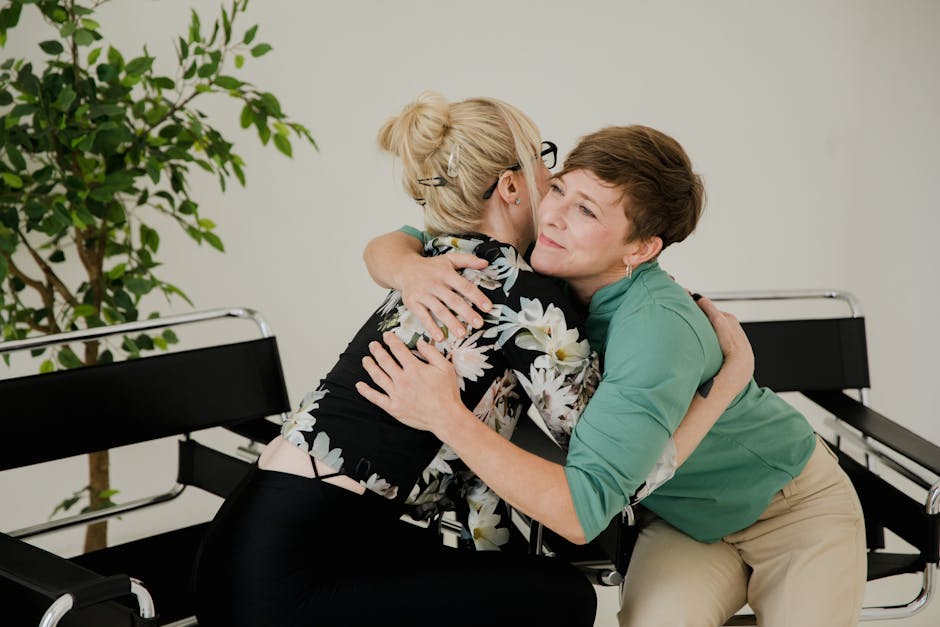Exploring Relationship Growth: Nurturing Connections That Flourish
Relationships are the cornerstone of human existence, shaping our identities, influencing our decisions, and providing us with a sense of belonging. Whether it’s the bond we share with our family, friends, romantic partners, or colleagues, relationships play a crucial role in our emotional well-being and overall happiness. However, like any living organism, relationships require care, attention, and nurturing to grow and thrive. In this article, we will delve into the concept of relationship growth, exploring its various dimensions, significance, and strategies for fostering healthy and fulfilling connections.
The Foundation of Relationships

At the heart of every relationship lies communication, trust, and mutual respect. These fundamental pillars form the foundation upon which healthy and strong relationships are built. Effective communication involves not only speaking honestly and openly but also actively listening to your partner’s thoughts, feelings, and needs. Trust is the bedrock of any relationship, instilling a sense of security and reliability. Without trust, relationships can crumble, leading to misunderstandings, conflicts, and eventual breakdowns. Mutual respect entails valuing each other’s opinions, boundaries, and autonomy, creating a harmonious and balanced partnership.
The Dynamics of Relationship Growth

Relationship growth is a dynamic process that evolves over time, influenced by various factors such as personal development, life circumstances, and external influences. As individuals grow and change, so do their relationships, requiring adaptability, empathy, and understanding. The key to fostering relationship growth lies in nurturing the connection, investing time and effort into building intimacy, emotional closeness, and shared experiences. By cultivating a strong foundation of trust, communication, and mutual respect, relationships can weather the storms of life and emerge stronger and more resilient.
The Role of Vulnerability in Relationship Growth

Vulnerability is often perceived as a weakness, a liability that exposes us to emotional risk and potential hurt. However, vulnerability is also the gateway to intimacy, connection, and authentic relationships. By allowing ourselves to be vulnerable with our partners, we open the door to deeper emotional bonds, genuine understanding, and profound empathy. Sharing our fears, insecurities, and struggles with our loved ones fosters trust, intimacy, and emotional closeness, creating a safe space for open and honest communication. Embracing vulnerability in relationships is a powerful catalyst for growth, fostering mutual respect, empathy, and acceptance.
The Impact of Communication Styles on Relationship Growth

Communication styles play a pivotal role in the growth and development of relationships, shaping the way we interact, express ourselves, and resolve conflicts. Effective communication involves not only verbal exchanges but also nonverbal cues, body language, and emotional expression. Each individual has a unique communication style influenced by their upbringing, cultural background, and personal experiences. Understanding and adapting to your partner’s communication style is essential for fostering healthy and harmonious relationships. By actively listening, expressing empathy, and validating each other’s feelings, couples can bridge communication gaps, build trust, and strengthen their emotional connection.
The Importance of Self-Awareness in Relationship Growth
Self-awareness is a critical component of personal growth and relationship development. Understanding our own emotions, triggers, and communication patterns enables us to navigate relationships with greater clarity, empathy, and authenticity. By cultivating self-awareness, we can identify our strengths, weaknesses, and areas for growth, fostering healthier and more fulfilling relationships. Self-awareness also empowers us to set boundaries, communicate assertively, and prioritize self-care, creating a balanced and sustainable partnership. Developing self-awareness is an ongoing process that requires reflection, introspection, and a willingness to grow and evolve.
Cultivating Emotional Intimacy in Relationships
Emotional intimacy is the foundation of deep and meaningful relationships, fostering a sense of connection, understanding, and empathy. Emotional intimacy involves sharing your innermost thoughts, feelings, and vulnerabilities with your partner, creating a safe and supportive space for open and honest communication. By cultivating emotional intimacy, couples can strengthen their bond, enhance their emotional connection, and build a strong foundation of trust and mutual respect. Investing in emotional intimacy requires vulnerability, empathy, and active listening, creating a profound and enduring connection that transcends physical proximity.
The Impact of External Factors on Relationship Growth
External factors such as work stress, financial pressures, and family dynamics can significantly impact the growth and dynamics of relationships. Balancing the demands of daily life with the needs of your relationship requires effective communication, empathy, and resilience. Understanding and addressing external stressors proactively can help couples navigate challenges, build resilience, and strengthen their bond. By prioritizing quality time together, practicing active listening, and supporting each other through difficult times, couples can weather the storms of life and emerge stronger and more connected.
Celebrating Relationship Milestones and Growth
As relationships evolve and grow, it’s important to celebrate milestones and acknowledge the progress made along the way. Whether it’s a small gesture of appreciation, a heartfelt conversation, or a special date night, recognizing and honoring your relationship growth can strengthen your bond and deepen your connection. Reflecting on the challenges overcome, the lessons learned, and the growth experienced together can foster gratitude, resilience, and a renewed sense of commitment. By celebrating relationship milestones, couples can cultivate a sense of shared history, growth, and love that sustains and nourishes their connection.
Expert Opinions: Insights from Relationship Therapists
According to relationship therapists, relationship growth is a continuous process that requires effort, dedication, and self-awareness. Dr. Sarah Jones, a licensed marriage and family therapist, emphasizes the importance of open communication, active listening, and vulnerability in fostering healthy and fulfilling relationships. “Relationship growth is about investing time, energy, and empathy into building a strong and resilient partnership,” says Dr. Jones. “By prioritizing emotional intimacy, trust, and mutual respect, couples can navigate challenges, overcome obstacles, and grow together.” Seeking guidance from a qualified therapist can provide couples with the tools, strategies, and support they need to nurture their relationship and foster growth.
Common Misconceptions About Relationship Growth
One common misconception about relationship growth is that it should always be easy and effortless. In reality, relationships require work, compromise, and a willingness to grow and evolve. Another misconception is that conflict is detrimental to relationships. While conflict can be challenging, it can also be an opportunity for growth, communication, and understanding. By reframing conflict as a natural part of relationships and an opportunity for growth, couples can navigate disagreements with compassion, empathy, and respect.
Conclusion: Nurturing Relationships That Flourish
In conclusion, relationship growth is a multifaceted and dynamic process that requires care, attention, and intentionality. By cultivating trust, communication, vulnerability, and emotional intimacy, couples can foster healthy, fulfilling, and resilient relationships. Embracing self-awareness, adapting to communication styles, and addressing external stressors are essential components of relationship growth. Celebrating milestones, seeking expert guidance, and challenging common misconceptions can enrich and deepen your connection with your partner. Remember, relationships are like gardens that require nurturing, watering, and sunlight to flourish and grow. By investing in your relationship and prioritizing growth, you can create a lasting, loving, and fulfilling partnership that stands the test of time.
To wrap things up, relationship growth is an ongoing journey of self-discovery, connection, and growth that requires dedication, patience, and a willingness to evolve. By cultivating a strong foundation of trust, communication, and emotional intimacy, couples can navigate challenges, celebrate milestones, and build a deep and lasting connection that sustains and nourishes their relationship. Remember, relationships are like plants that require care, attention, and love to thrive and flourish. Embrace the journey of relationship growth with an open heart, a curious mind, and a commitment to nurturing the bond you share with your partner.




